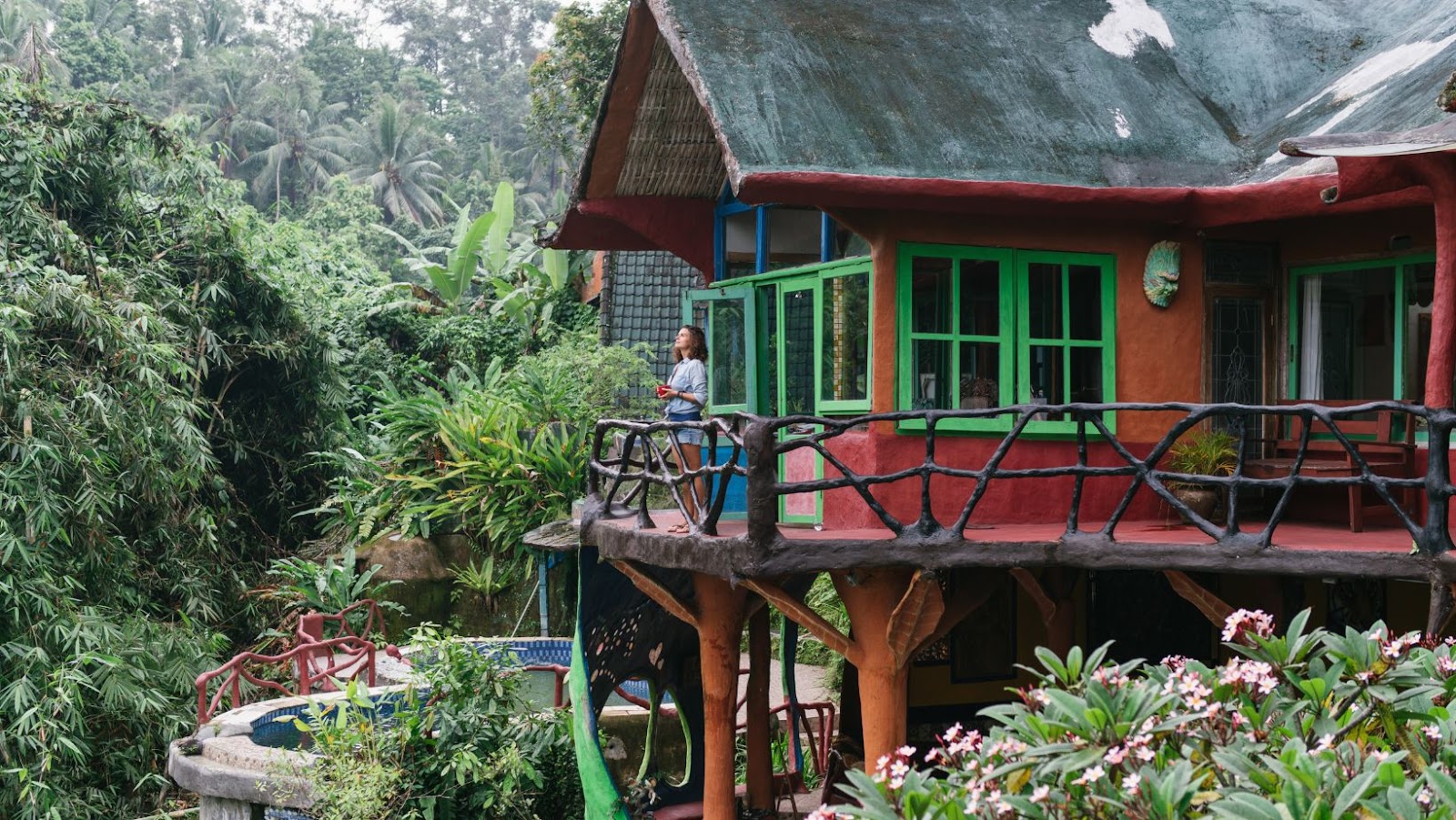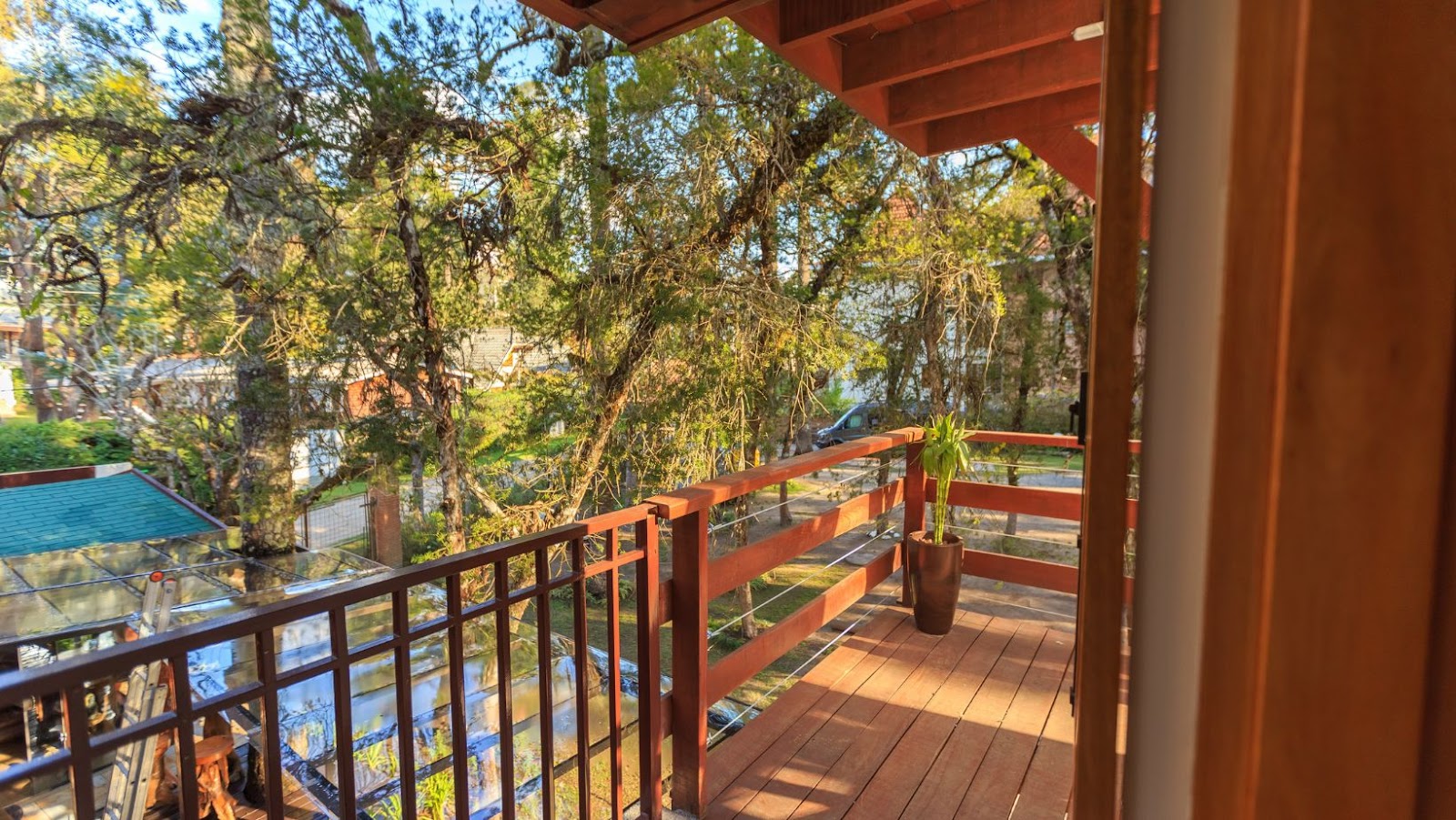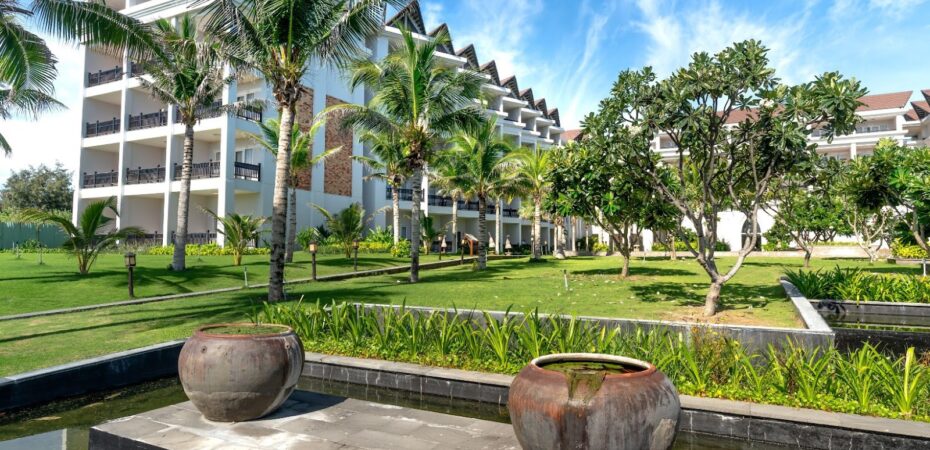When it comes to attracting tourists, many factors come into play. While a destination’s natural beauty, such as its flora, can be a draw for visitors, the quality of hotels can be just as significant.
In this article, we will explore why hotel quality is more important for an area than the flora, looking at the role of hotel quality in traveler satisfaction, the importance of flora in a destination, factors influencing hotel quality, balancing hotel quality and environmental conservation, and the economic implications of both.
The Role of Hotel Quality in Traveler Satisfaction
The quality of a traveler’s accommodations can significantly impact their overall travel experience. High-quality hotels can provide comfort, convenience, and amenities that enhance a visitor’s enjoyment of the destination. On the other hand, poor accommodations can detract from the experience, leading to negative reviews and fewer repeat visits.
Hotel quality can also impact a traveler’s decision to return to a destination. A positive experience at a high-quality hotel can lead to repeat visits and positive word-of-mouth recommendations to others. On the other hand, a negative experience can deter visitors from returning, impacting the local tourism industry.
Different travelers have different needs and preferences when it comes to accommodations. Some may prioritize luxury amenities, while others prefer budget-friendly options. The quality and variety of accommodations available can impact a destination’s ability to attract a diverse range of travelers.
The Importance of Flora in a Destination
The flora in a destination can contribute significantly to its natural beauty and appeal. From lush forests to colorful gardens, flora can create a memorable experience for visitors and enhance the aesthetic appeal of a destination.
Flora also plays a crucial role in the local ecosystem and environment, providing habitat and food sources for animals and contributing to the local ecology. Preserving and protecting flora can have positive impacts on the environment, including reducing carbon emissions and mitigating the effects of climate change.

Flora can play a specific role in certain types of tourism, such as ecotourism, where visitors are drawn to destinations for their natural beauty and unique ecosystems. In these cases, the flora is a crucial component of the tourism product and can impact a traveler’s decision to visit a destination.
Factors Influencing Hotel Quality
The quality of a hotel is dependent on the management and staff’s ability to meet guest needs and provide a positive experience. From the check-in process to room cleanliness and service, every aspect of the hotel experience impacts guest satisfaction.
Customer relationship management (CRM) software can play a significant role in improving hotel quality. These systems allow hotels to manage guest information and feedback, providing a more personalized experience and enhancing customer satisfaction.
To make the most out of these benefits, it is crucial for hotels to invest in the most popular CRM software for hotels, which can cater to their specific needs and help them maintain a competitive edge in the industry.
Hotel design, amenities, and services can significantly impact guest experience and satisfaction. High-quality hotels often invest in luxurious amenities and services, such as spas, pools, and restaurants, to enhance the guest experience.
Balancing Hotel Quality And Environmental Conservation
As the hospitality industry continues to grow, promoting sustainable and eco-friendly hotel practices is essential. This includes reducing energy usage, minimizing waste, and using eco-friendly materials in hotel design and construction.
While it’s essential to prioritize hotel quality, it’s equally important to recognize the value of flora in a destination and work to preserve it. This can involve collaborating with local conservation organizations to ensure that hotel development and management practices align with environmental conservation goals.
Responsible tourism practices can play a significant role in protecting local flora. This includes educating travelers about the importance of environmental conservation and encouraging them to engage in responsible behavior, such as not littering and staying on designated trails.
The Economic Implications of Hotel Quality And Flora
High-quality hotels can contribute significantly to the local economy, creating jobs in areas such as housekeeping, food service, and management. Additionally, high-quality hotels can attract more tourists, generating revenue for local businesses and the government through taxes.
Flora-based tourism can also generate economic benefits for local communities, such as through eco-tours, nature walks, and other flora-based activities. These activities can generate revenue for local businesses, providing employment opportunities and supporting the local economy.

While hotel quality and flora preservation can have significant economic benefits, it’s essential to strike a balance between the two. This involves investing in sustainable tourism practices, promoting responsible tourism, and working with local communities to ensure that both hotel quality and environmental conservation are prioritized.
Key Takeaways
While the flora in a destination can be a draw for visitors, the quality of hotels is equally important in attracting and retaining tourists. High-quality hotels can enhance the traveler’s experience and lead to repeat visits and positive word-of-mouth recommendations.
However, it’s crucial to strike a balance between hotel quality and environmental conservation, recognizing the value of flora and working to preserve it while still promoting the growth of the hospitality industry. By considering both hotel quality and flora in destination development and promotion, local communities can benefit economically while still preserving the natural beauty of the area.


 By
By 




